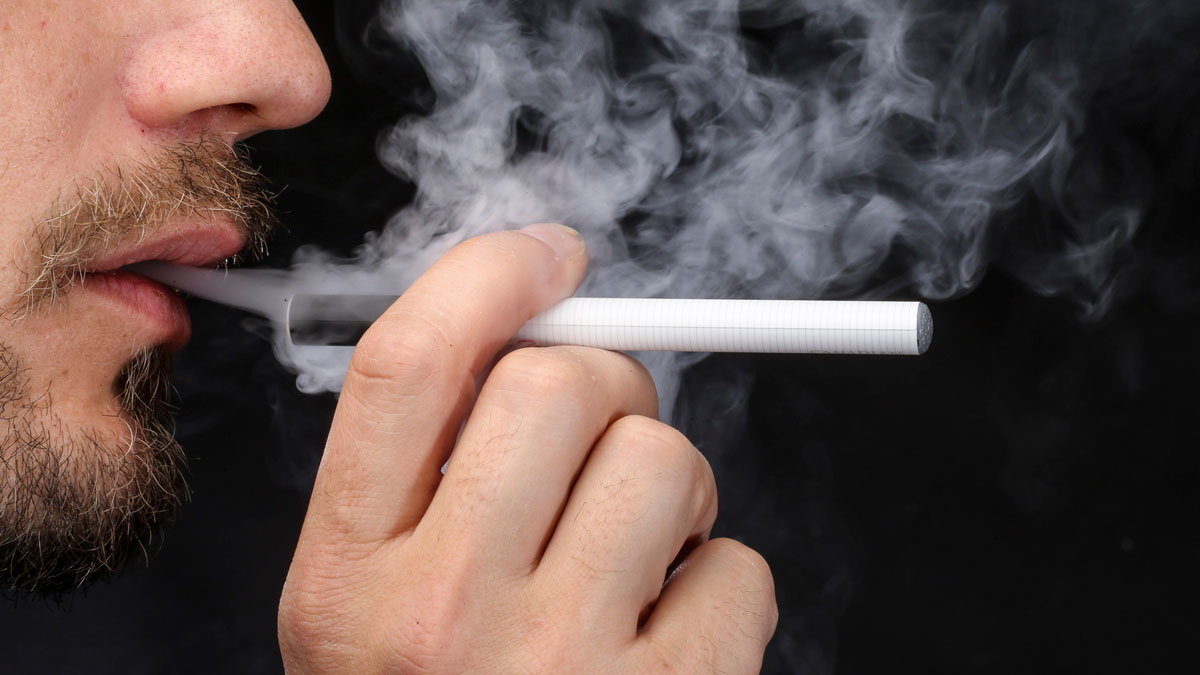
Health disparities related to tobacco use are not equally distributed among all population groups, the U.S. Surgeon General revealed in a new report on Tuesday.
Despite significant progress in reducing cigarette smoking and secondhand smoke exposure nationwide, the findings highlight persistent disparities linked to race and ethnicity, income, education, sexual orientation and gender identity, occupation, geography, behavioral health status, and other factors.
The report, which expands on data and trends found in tobacco linked to different groups by the Surgeon General in 1998, also found that cigarette smoking and secondhand smoke exposure causes nearly half a million deaths a year in the U.S. which equates to approximately one in five of all deaths.
“Tobacco use imposes a heavy toll on families across generations. Now is the time to accelerate our efforts to create a world in which zero lives are harmed by or lost to tobacco,” said Surgeon General Dr. Vivek Murthy.
Get top local stories in Southern California delivered to you every morning. Sign up for NBC LA's News Headlines newsletter.
While smoking has declined by more than 70% in the U.S. since 1965, the report finds that the number is higher among American Indian and Alaska Native people.
Additionally, smoking rates are twice as high among men and women living in poverty, adults with lower education levels, individuals identifying as lesbian, gay, or bisexual, as well as those employed in manual labor or service jobs, residents of rural areas, and people with mental health conditions.
While deaths from secondhand tobacco smoke exposure have declined by over 50% since 2006, secondhand smoke exposure remains disproportionately high among non-smokers, especially children, Black people, individuals with lower incomes, and those with lower education levels.
To eliminate these disparities, the Surgeon General has various recommendations which include increasing education on the risks of tobacco use, expanding access to cessation programs and addressing social determinants of health. The report emphasizes the need for targeted interventions to support marginalized communities in order to reduce tobacco-related health inequities.




